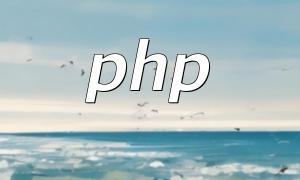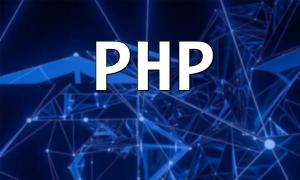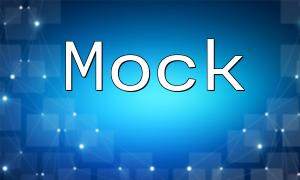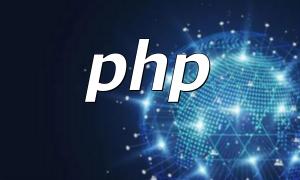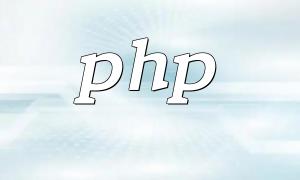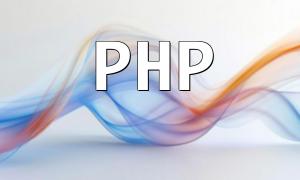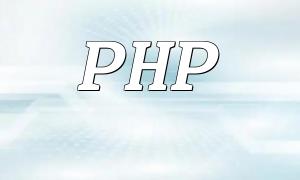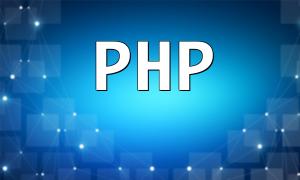PHP (Hypertext Preprocessor) is a widely used open-source scripting language known for its flexibility and efficiency on the server side. PHP mechanisms refer to the built-in features and functions of the language that enable developers to build dynamic and secure web applications more easily.
Interpreted Execution: PHP is an interpreted language, meaning its code is executed line by line at runtime without the need for compilation into machine code, lowering the barrier for development.
Memory Management: PHP uses a garbage collection mechanism to manage memory automatically, effectively reducing memory leaks and allowing developers to focus on business logic.
Object-Oriented Programming: PHP fully supports object-oriented features, enabling developers to leverage object creation, inheritance, and polymorphism to improve code scalability and maintainability.
Frameworks and CMS: PHP has a rich ecosystem with frameworks like Laravel and Symfony, as well as CMS platforms like WordPress and Drupal, greatly improving development efficiency.
Exception Handling: PHP’s exception handling mechanism captures and manages errors during execution, enhancing the robustness and stability of applications.
Database Connections: PHP provides seamless integration with databases such as MySQL, PostgreSQL, and SQLite, meeting diverse project requirements for data interaction.
Input Validation: Built-in PHP functions allow input filtering and validation, reducing the risk of SQL injection and cross-site scripting attacks.
Password Hashing: PHP offers secure methods for hashing passwords, ensuring user data remains protected during storage and authentication.
Token Protection: With CSRF token mechanisms, PHP helps prevent cross-site request forgery attacks, further strengthening web application security.
In addition to the above features, PHP also supports dynamic variables, namespaces, closures, and iterators, making the language more flexible and powerful.
The variety of mechanisms in PHP collectively contribute to its strengths, making it an essential tool for developing dynamic, stable, and secure web applications. Whether building a simple website or a complex enterprise-level system, PHP provides solid support for developers.
